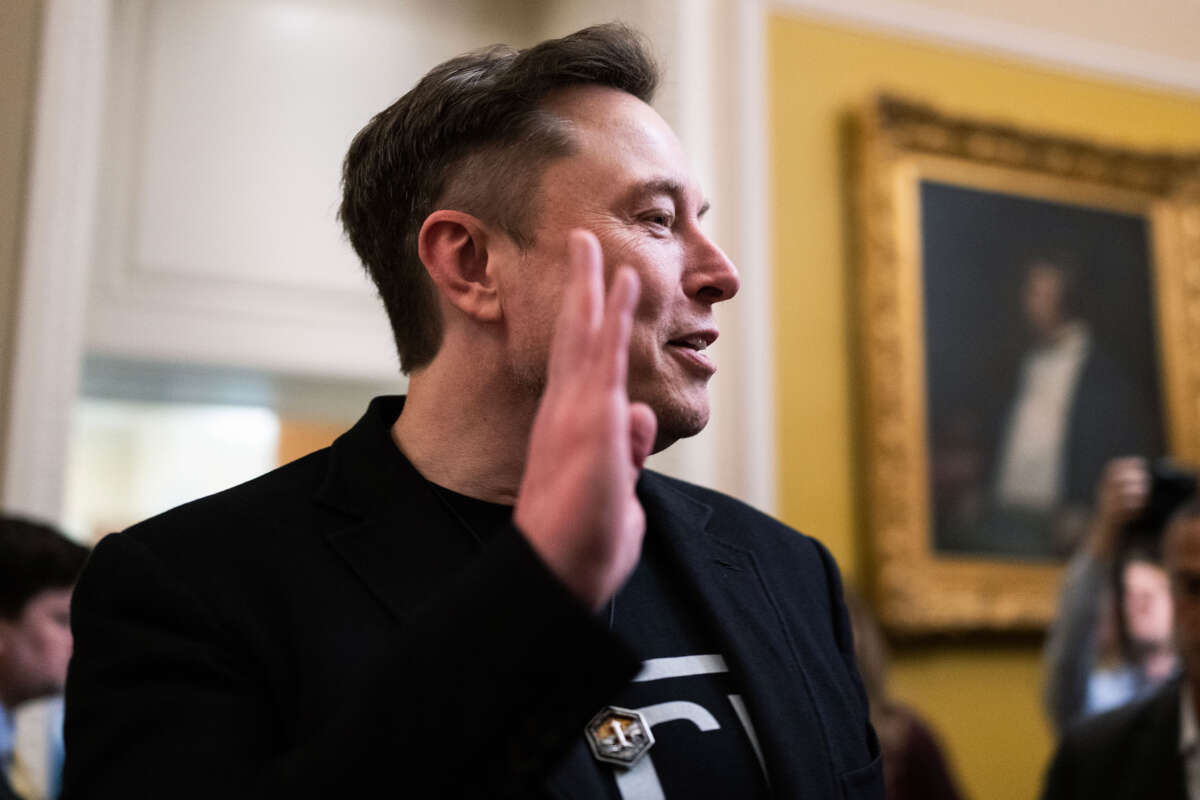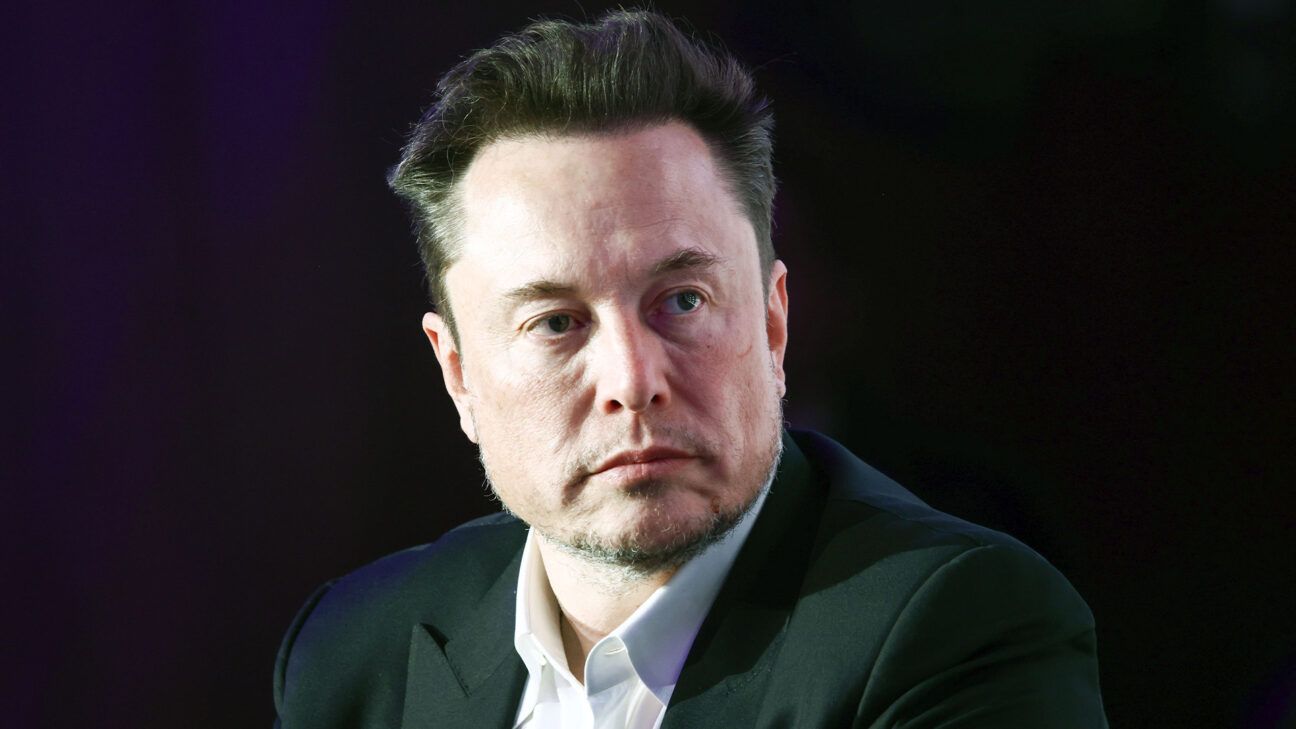
India’s ambitions to become a global electric vehicle (EV) manufacturing hub have taken a dramatic and highly strategic turn. In a surprising and politically charged maneuver, New Delhi is rolling out the red carpet for Elon Musk’s Tesla while showing clear signs of distancing itself from conventional automotive titans like Mercedes-Benz, Skoda-Volkswagen, Hyundai, and Kia.
This shift comes even as Tesla has publicly declined to participate in India's flagship EV manufacturing program, and reflects the country's apparent prioritization of tech-centric branding over broad-based industrial development. The move signals that the Indian government, under the leadership of Prime Minister Narendra Modi, is willing to wait for a symbolically powerful partner rather than settle for legacy players with less headline appeal.
India’s Minister for Heavy Industries, HD Kumaraswamy, confirmed this week that Tesla has no plans to manufacture EVs in the country at present, despite India's launch of a comprehensive policy designed to incentivize global players to build vehicles on Indian soil. Tesla, according to the minister, will instead establish two retail showrooms, marking a limited but high-profile presence.

These remarks represent the first official acknowledgment that, despite more than a year of negotiations, the Indian government has failed to bring Musk fully on board for its EV revolution.
This revelation comes at a moment of strategic tension in India’s industrial policy. Mercedes-Benz, Skoda-Volkswagen, Hyundai, and Kia have all expressed interest in manufacturing EVs in India, encouraged by a new government scheme offering significant tax incentives.
But the government's cool reception to these auto giants—who bring decades of experience, robust logistics, and proven consumer bases—raises critical questions. Why is India seemingly sidelining traditional automakers in favor of courting a company that has repeatedly pulled back from committing to the Indian market?
The answer may lie partly in symbolism. Elon Musk, for better or worse, has become synonymous with innovation, disruption, and futuristic ambition. A Tesla factory in India would represent more than a manufacturing site—it would be a statement. It would signal to the world that India is no longer just an assembly line for conventional cars but a front-runner in high-tech, next-generation transportation.

This vision aligns closely with Prime Minister Modi’s larger “Make in India” campaign and his ambition to establish India as a global technology leader. When Musk met Modi in Washington DC earlier this year, both leaders spoke of the “immense potential” for collaboration in innovation. The Tesla brand, with its Silicon Valley swagger and world-changing ambitions, fits neatly into that narrative.
However, the economic realities on the ground tell a different story. India’s EV market is still nascent, with electric cars comprising less than 3% of total passenger vehicle sales. Price sensitivity remains high among Indian consumers, and locally manufactured EVs, like those from Tata Motors and MG Motors, dominate the market by offering significantly cheaper alternatives.
Tesla’s Model 3, even at its most stripped-down configuration, could cost Indian buyers two to three times more than a Tata Tiago EV. Moreover, India’s charging infrastructure remains sparse and unreliable, and many local roads remain challenging for the kind of precision driving Tesla’s software excels at. In short, the country might be dreaming of Teslas while its reality is still very much a Tata world.

Furthermore, the political backdrop is adding complexity. Tesla’s reluctance to build a factory in India may have been influenced by U.S. President Donald Trump’s recent remarks that it would be “unfair” for Tesla to shift production overseas, especially to a market like India. Musk’s role in the Trump administration—until he resigned just last week—has placed him in a highly politicized spotlight.
The backlash over Musk’s political associations has already dented Tesla’s global sales, with figures for the first quarter of 2025 showing the company’s worst performance in three years. Musk’s exit from his governmental role may give him more flexibility, but the damage done to Tesla’s image, particularly among liberal and centrist consumers worldwide, could take years to repair.
India, meanwhile, is pressing forward with its EV manufacturing plans. The new scheme unveiled by the government offers attractive terms: global carmakers that invest at least $500 million and commit to local production within three years will benefit from slashed import tariffs.
This move is clearly designed to tempt companies like Tesla, which have long complained about India’s prohibitive tax regime. Musk had previously cited India’s sky-high import duties as a major deterrent to entering the market, calling them the “highest in the world by far” in a 2022 tweet. Yet even with these incentives, Tesla appears to be holding out, possibly waiting for broader market maturity or more favorable political conditions.

While India appears to be waiting patiently for Musk, it’s worth noting that others are not standing still. China’s BYD, already the world’s top EV seller by volume, is rapidly expanding its global footprint and could outpace Tesla in key emerging markets like Southeast Asia and Latin America.
In India, BYD has already introduced electric MPVs and is actively building its dealer network. Meanwhile, local champions like Tata Motors have secured more than 60% of the domestic EV market, and MG Motors—now partly owned by Indian steel giant JSW—is expanding aggressively with products tailored for Indian conditions.
These firms may not have Tesla’s name recognition, but they have pricing, adaptability, and first-mover advantage on their side.
This raises a critical question for Indian policymakers: Is it wise to pin the country’s EV future on the hope that Elon Musk might one day build a Gigafactory in Gujarat or Maharashtra? Or should India double down on the automakers who are already committed, already investing, and already selling vehicles that Indian consumers can afford and use today?
The apparent snubbing of Mercedes-Benz, Skoda-Volkswagen, Hyundai, and Kia suggests that India may be more focused on prestige than pragmatism. All four automakers have indicated a willingness to participate in India’s EV journey, and each brings distinct advantages.

Hyundai, for instance, has already launched the Ioniq 5 in India and has a strong local manufacturing base. Volkswagen and Skoda have deep ties to the Indian market through their India 2.0 strategy. Mercedes-Benz has a longstanding premium customer base in India and has even launched a Made-in-India luxury EV, the EQS, from its Pune plant.
And yet, these companies find themselves overshadowed by the allure of Tesla—a company that, at least for now, refuses to commit.
To be fair, India’s play for Tesla is not entirely without merit. The country’s leaders understand the soft power Musk wields. A Tesla factory in India could catalyze further investment from other high-tech firms, serve as a validation of India’s reforms, and attract global media attention that no Hyundai plant could ever command.
But there's a risk in waiting too long. If Tesla continues to stall while others push forward, India might find itself bypassed in the global EV race—not because it lacked partners, but because it put all its hopes in a single star.
In the end, India’s EV ambitions are at a crossroads. It can continue to roll out the red carpet for Musk in the hope that prestige will yield progress. Or it can get serious about supporting the firms already willing to build, hire, and innovate on Indian soil. The clock is ticking, the roads are ready, and the future is electric—but whether Tesla is part of that future remains to be seen.

-1749483269-q80.webp)
